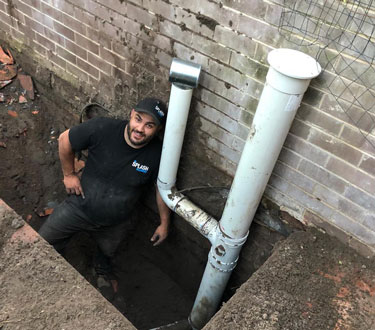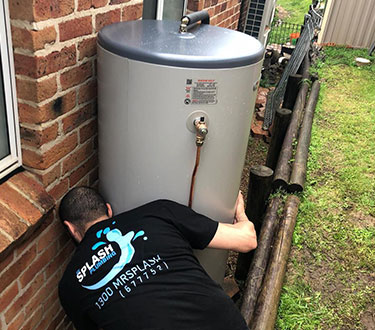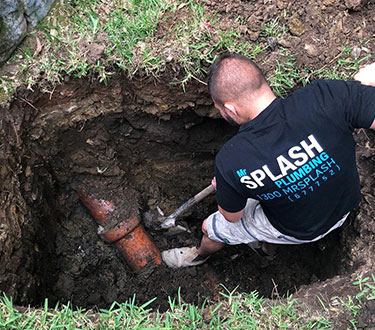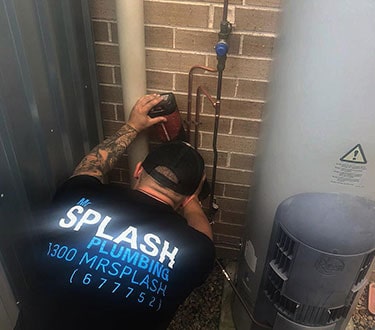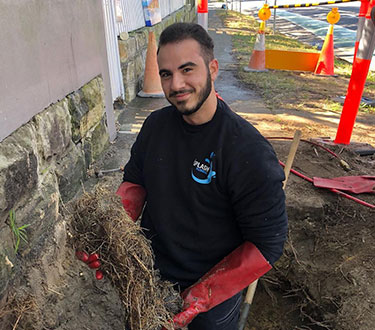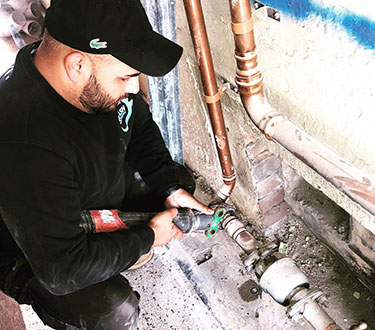There are a couple of main reasons why even the most thoroughly refined and filtered water might appear unclean to you. Water could even become contaminated after it is manufactured, although it’s moving through your home’s pipes. It’s easy to get paranoid about your drinking tap water. The moment you feel just like something’s wrong along with it, you feel just like you can notice the difference. Right before you know it, you become too scared to use your tap. The best means of avoiding that unpleasant feeling is to discover more regarding your water for certain. The following are some easy ways you can determine if there’s something very wrong with your tap water.
INDICATION #1: CLOUDY WATER
tap water that’s been correctly cleaned must always look clear. When your water appears cloudy, do not use it. Instead, set it aside for a couple of minutes to see if the cloudiness goes away. In case it does ultimately clear, then a safe accumulation of trapped air likely produced the cloudiness you spotted. Pressurised water holds air bubbles within it. When the pressure emits as the water moves out of your faucet, the air runs away into the water. Cloudy water can also be an indicator that your tap water is too “hard.” Hard water includes heavy minerals such as calcium as well as magnesium. These types of minerals are not actually hazardous, but they affect your water.
INDICATION #2: SMELLY WATER
Treated tap water must not smell. If it can, then it probably means there is something in your water, Different water contaminants generate different weird smells. If your water smells metallic, then it is the same minerals that make your water taste that way. The same minerals that make your water taste metallic may also make it smell metallic. Bloomed algae found in the water supply can generate mouldy or musty smell. Bacteria in your hot water heater can build a gross rotten egg odour. An excessive amount of water softener salt leads to a salty smell. After you find out what your water smells like, you can find out the best option to address the problem. If your water smells like metal or sulphur, by way of example, then you should flush your hot water heater. And if your water smells a bit salty, have your water softener turned down. Fixing a musty smell on your own may be much more difficult.
INDICATION #3: STAINED WATER
tap water must not leave behind any type of residue or stain. If your tap water stains sinks or tubs or results in chalky materials, then something’s wrong along with it. The most frequent sort of stain your tap water may leave behind looks brown or orange-ish. These stains are an indicator that metal or copper deposit leached into your water. The water supply from your pipes may have become clogged, corroded, or rusted. The chalky residue your tap water may leave behind is consists of calcium and magnesium. It’s an indicator that your water is too much. You should always check your water softener no matter your tap water leaves stains or scum or not. If your softener is working correctly, then the issue is likely your supply pipes. Supply pipes rust or corrode normally over time, particularly when your water is hard. You can start to think about having your pipes replaced to correct the problem permanently.
In the event that you feel like there is definitely something wrong with your tap water, consider giving a professional plumbing specialist a call like Mr Splash Eastern Sydney. Give us a call and we will locate the problem and fix it for you

